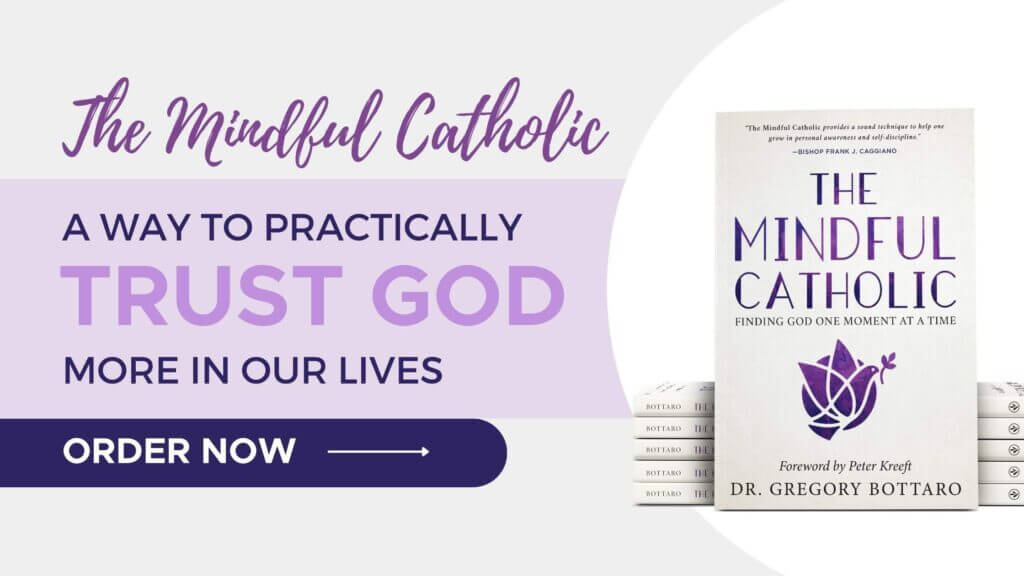
One effective way to manage stress is change your perspective on it!
How Pressure Leads to Stress
My first job fresh out of graduate school was as a mental health counselor in a prison.
My days were spent listening to the inmates talk about their intense levels of trauma, both in regards to the crimes they had committed but also the equal or worse crimes and traumas they had suffered themselves.
Not only was the prison understaffed, but there was also an awful amount of paperwork that went along with the job. To make matters worse, the documents I had to write could actually affect the sentence of any given client that I was seeing.
Add to that the fact that the inmates had access to these notes (and would blame me for their time in incarceration), and you’ve got all the makings of an incredibly stressful work environment.
It was a lot of pressure, and after a while, the stress became overwhelming. I felt I was drowning in it, to the point where I felt I wasn’t able to be present to my family anymore.
Something had to change…but what? I knew the answer wasn’t to just quit my job – I had a family to provide for.
Does this dilemma sound familiar? So many of us know we need to “reduce stress.” We hear it from our doctors, our friends, our bosses… we hear it in commercials and read about it online.
“Stop stressing! You just need to stop worrying about it! You’re making it worse for yourself. Your stress is killing you.”
All of these advertisements against stress contribute to our basic narrative about it: “I am stressed. Stress is bad. I have to stop being stressed.”
To add to the pressure, the general advice given by medical professionals about stress almost always emphasize reduction without 1) regard for the oftentimes unchangeable circumstances that cause stress in the first place and 2) any mention of exactly how one is supposed to reduce stress in the first place!
Shifting Your Perspective on Stress

Thankfully, it was around this time that I discovered a book that helped me begin to change my trajectory at work: The Upside of Stress by Kelly McGonigal.
Research from the book revealed something hugely important: that it’s not so much stress that kills us as it is our perspective towards stress that kills us.
I’ll repeat that, for emphasis. Let it soak in!
It’s not our stress that kills us, it’s our perspective towards it that does.
Wow. This information opened up a new way of relating to stress for me – one in which I could see it as more of a friend than a foe.
Because the truth is that high levels of stress are associated with both distress and well-being. (Really! As it turns out, a meaningful life is actually a stressful one.)
It’s the simplest mindset change that can make a vast difference in how we approach situations, and therefore how we experience stress.
For instance, do we look at things as torturous and meaningless? Or rather as opportunities to grow or challenges to overcome?
When we look at something as inherently negative, we set up our psychology to brace for a disaster. This causes a cascade of hormonal and chemical responses as the brain pumps itself with adrenaline and cortisol.
Chronically exposing ourselves to this cortisol is what medical professionals are talking about when they say that stress is killing you.
But what if we responded to the same stressor with a sense of adventure or treated it as an opportunity to grow?
We open up new chemical and neurological pathways: specifically, dopamine and oxytocin. (Now, I’m no neurologist, but I know those are the really good ones!) Dopamine is directly related to the reward center of the brain while oxytocin is related to bonding and connection. With these more positive and life-enhancing hormones pumping, our brains are more open to meaning.
The brain itself starts to be curious about ways to achieve the goal. Furthermore, it increases our compassion, not only for ourselves but for those who are experiencing stress with us. (As it turns out, stressing together actually creates connection when we allow it to do so.)
It’s all in how we perceive stress that determines which of these hormonal responses will be activated in the brain.
Learning this was life-changing for me, and helped reframe my relationship with stress so that it became less of a monster and more of a motivating factor in my life.
Stay tuned for Part II where I’ll explain how things changed for me, and give practical tips for how to manage your own stress!
This content is from a presentation given by IDDM Mentor, Ryan Nash.

If you enjoyed reading this blog post, check out these:

